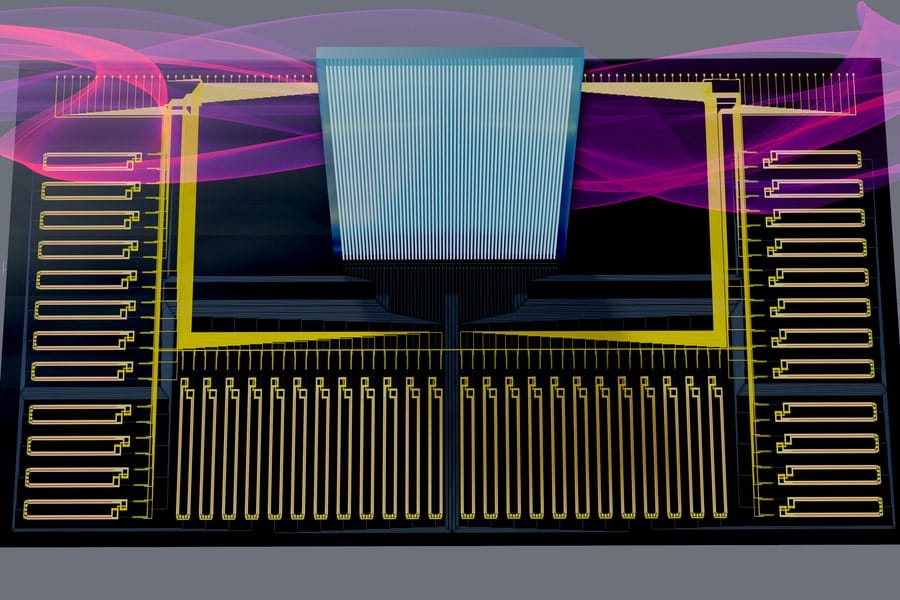A new deep learning with light technique created by researchers at the Massachusetts Institute of Technology significantly reduces computational latency on smart speakers and other low-power connected devices and allows the memory-intensive steps of running a machine learning model to be moved to a central server, where model components are encoded into light waves.
Such a technique could allow a self-driving car to make real-time decisions while consuming only a fraction of the energy currently required from power-hungry computers. It would also allow for delay-free conversations with your smart home device, be used to process real-time video over cellular networks, or even provide high-speed image classification on a spacecraft millions of kilometers from Earth.
The method consists of transmitting waves to a connected device using fiber optics, allowing tons of data to be transmitted over the network at lightning speed. The receiver then uses a simple optical device that quickly performs calculations using the model parts carried by these light waves. Thus, this new method can improve energy efficiency by more than a hundred times compared to other methods. It can also increase security, since user data does not need to be transmitted to a central location for computation.
In the future, the researchers want to continue working on the smart transceiver chip to achieve even better performance. They also want to miniaturize the smart transceiver, which is currently the size of a shoebox, to the size of a single chip so it can fit into a smart device such as a cell phone.
In the meantime, we want to remind you that artificial intelligence spending will grow 20.7% worldwide, according to a report from International Data Corporation (IDC), the world's leading provider of analytics, consulting services and events for the information technology, telecommunications and consumer technology markets. Read more about it in one of our previous news stories.







Comments